"Learn about the eligibility criteria and fee structure for pursuing a Bachelor of Science (B.Sc.) in Medical Microbiology. Pursue your passion for microbiology and healthcare affordably."
Eligibility & Fee Structure for B.Sc Medical Microbiology Science Course
A Bachelor of Science (B.Sc.) in Medical Microbiology is an undergraduate program designed for individuals interested in studying microorganisms and their role in human health and disease. This program provides students with a solid foundation in microbiology, immunology, and molecular biology, preparing them for careers in healthcare, research, and diagnostics. To pursue a career in this field, it's crucial to understand the eligibility criteria and fee structure associated with a B.Sc. in Medical Microbiology. In this comprehensive guide, we will explore these aspects, helping aspiring students make informed decisions.
Eligibility Criteria for B.Sc. in Medical Microbiology
The eligibility criteria for admission to a B.Sc. in Medical Microbiology program may vary among institutions. However, several common requirements are typically observed:
-
Educational Qualifications: Candidates should have completed their 10+2 education (or its equivalent) from a recognized board or institution with a strong background in science subjects, particularly Biology and Chemistry.
-
Minimum Marks: Many institutions require candidates to have a minimum percentage of marks in their 10+2 examinations, often around 50% or higher, depending on the institution's admission criteria.
-
Entrance Examination: Some colleges and universities may conduct entrance examinations to evaluate candidates' knowledge of science subjects and their aptitude for medical microbiology. Scoring well on these exams can enhance your chances of admission.
-
Interview: In addition to academic qualifications and entrance exams, some institutions may require candidates to participate in an interview. Interviews help assess a candidate's communication skills, motivation, and suitability for a career in medical microbiology.
Prospective students should carefully review the specific eligibility criteria of the institution they intend to apply to, as these requirements can vary.
Fee Structure for B.Sc. in Medical Microbiology
The Fee Structure for a B.Sc. in Medical Microbiology program can vary based on several factors, including the institution's location, reputation, program duration, and additional services offered. Here are the common components of the fee structure:
-
Tuition Fees: Tuition fees are the primary cost associated with academic instruction. These fees can vary significantly between institutions, with renowned medical colleges often charging higher tuition rates. Prospective students should research and compare tuition fees across different institutions to find a program that fits their budget.
-
Registration Fees: Upon securing admission, students are typically required to pay an initial registration fee. This fee is a one-time payment and is not included in the annual tuition fees.
-
Materials and Laboratory Fees: Given the practical nature of medical microbiology programs, there may be additional fees for laboratory materials, equipment, and resources used during the program.
-
Examination Fees: Students may need to pay examination fees to cover the costs of assessments, practical exams, and project evaluations, depending on the program's structure.
-
Books and Study Materials: The cost of textbooks, study materials, and online resources may not be included in the tuition fees. Students should budget for these additional expenses to ensure they have all the necessary resources for their studies.
-
Accommodation and Living Expenses: Prospective students should also budget for living expenses, which can vary significantly based on the location of the institution and personal preferences.
-
Scholarships and Financial Aid: Many universities offer scholarships, grants, or financial aid packages to eligible students, which can significantly offset the cost of tuition and related expenses.
Prospective students are encouraged to research and compare the fee structures of different institutions, explore scholarship opportunities, and budget for their living expenses to make informed financial decisions.
 3 Years
3 Years
 Under Graduate
Under Graduate
 Paramedical Science
Paramedical Science

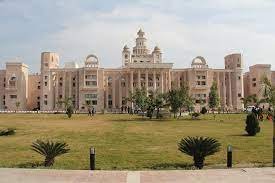
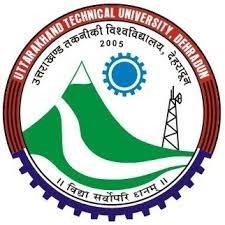


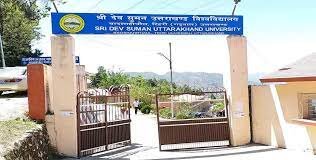
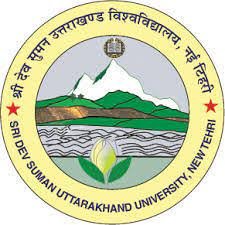
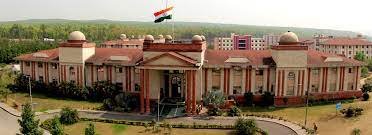
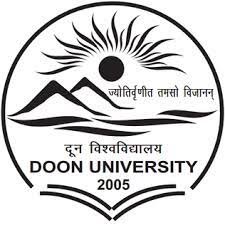





 back
back